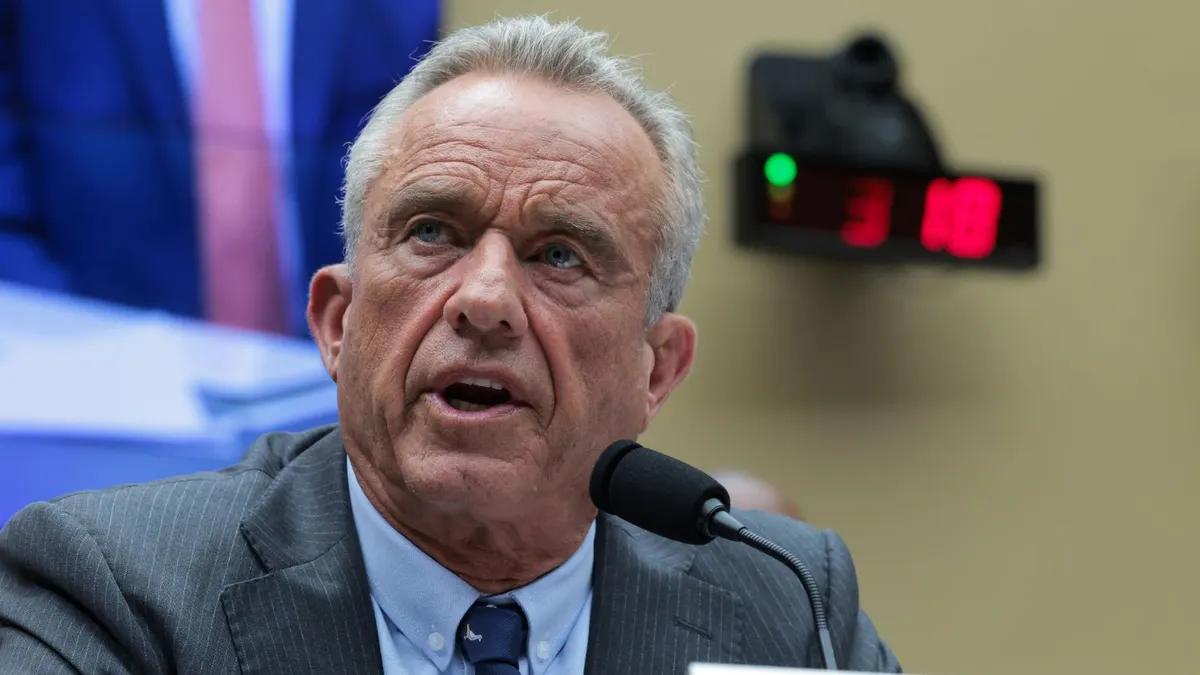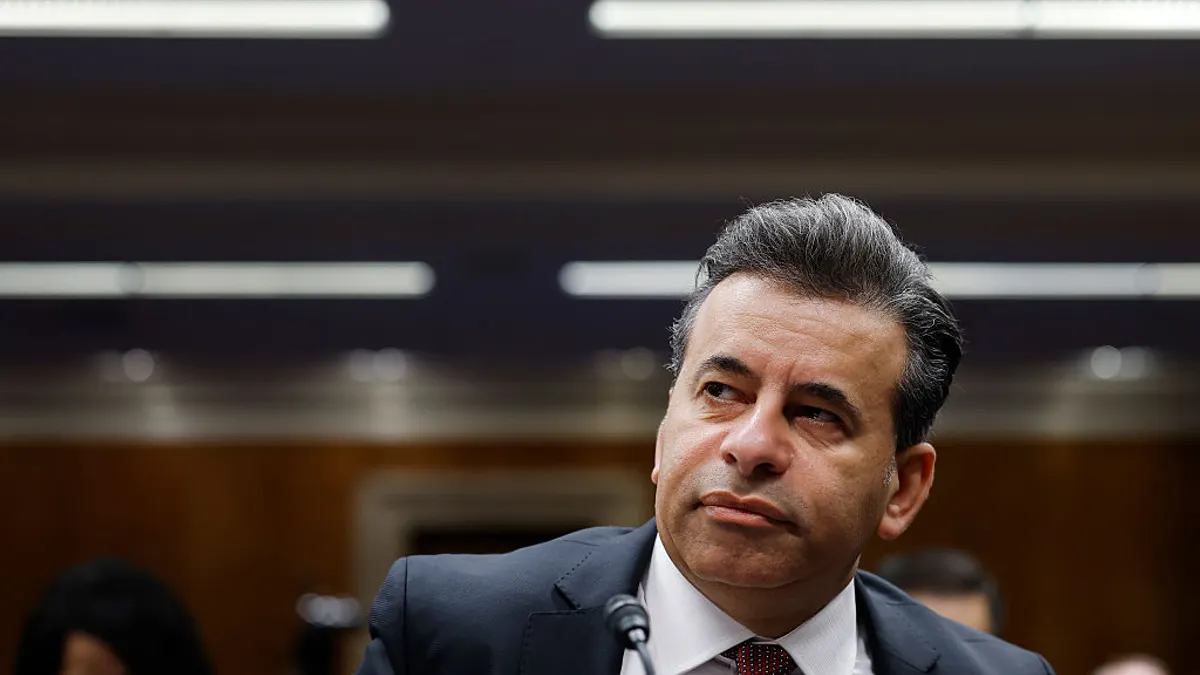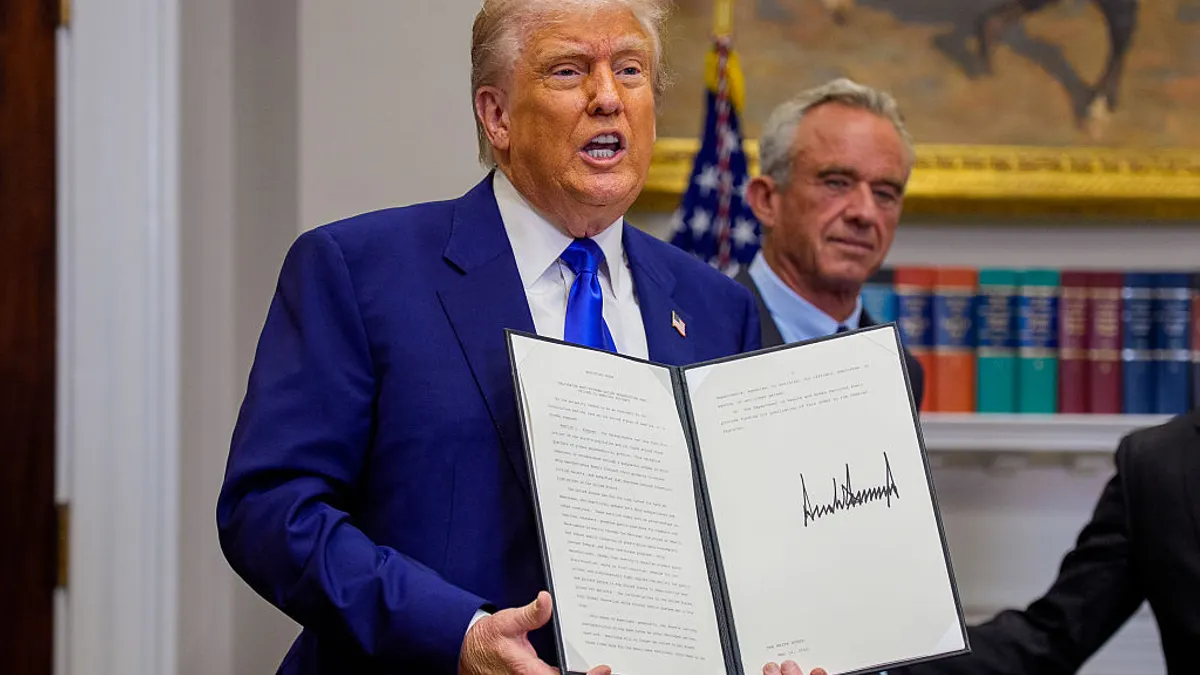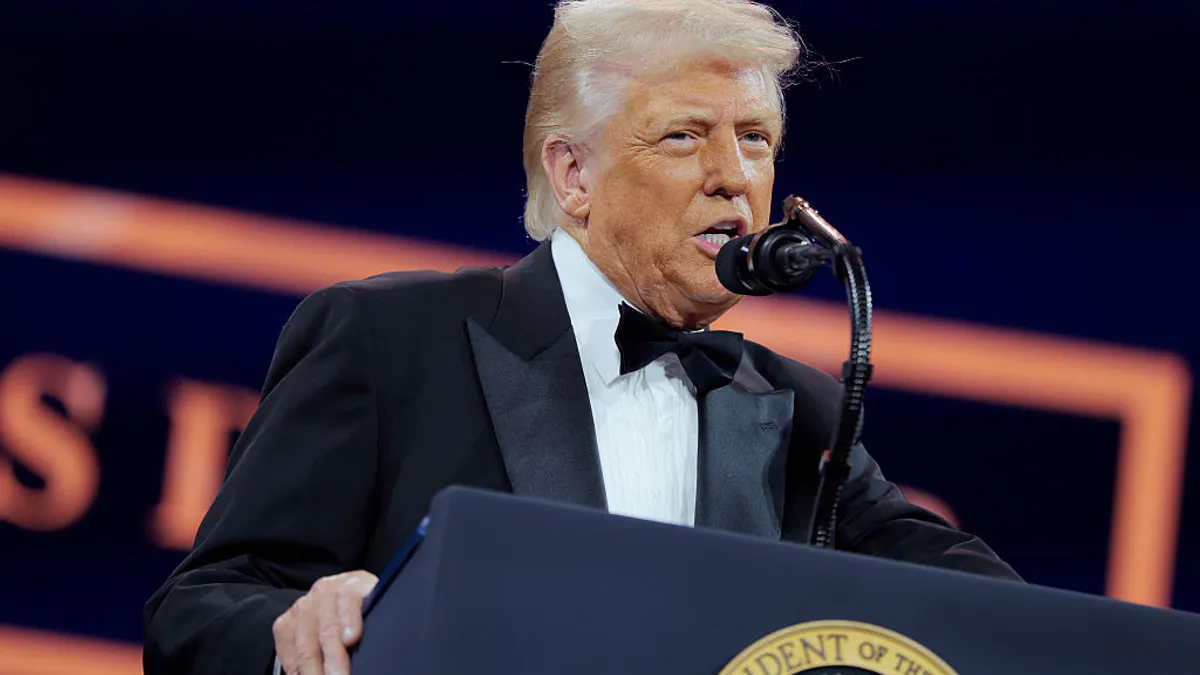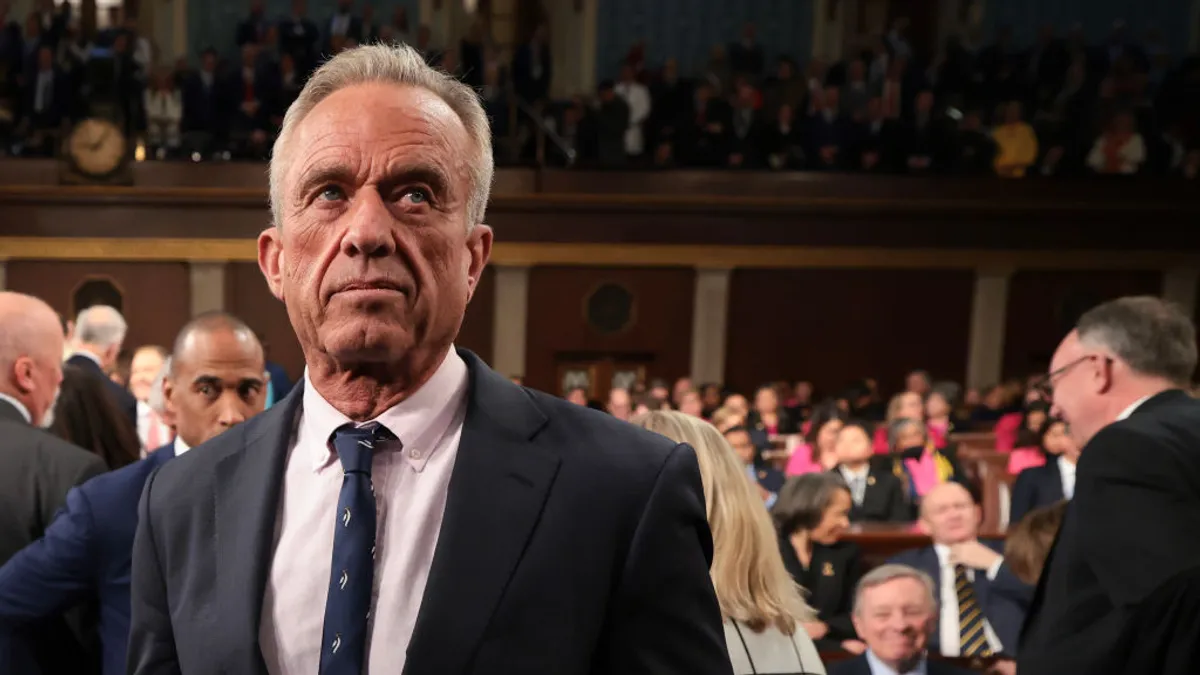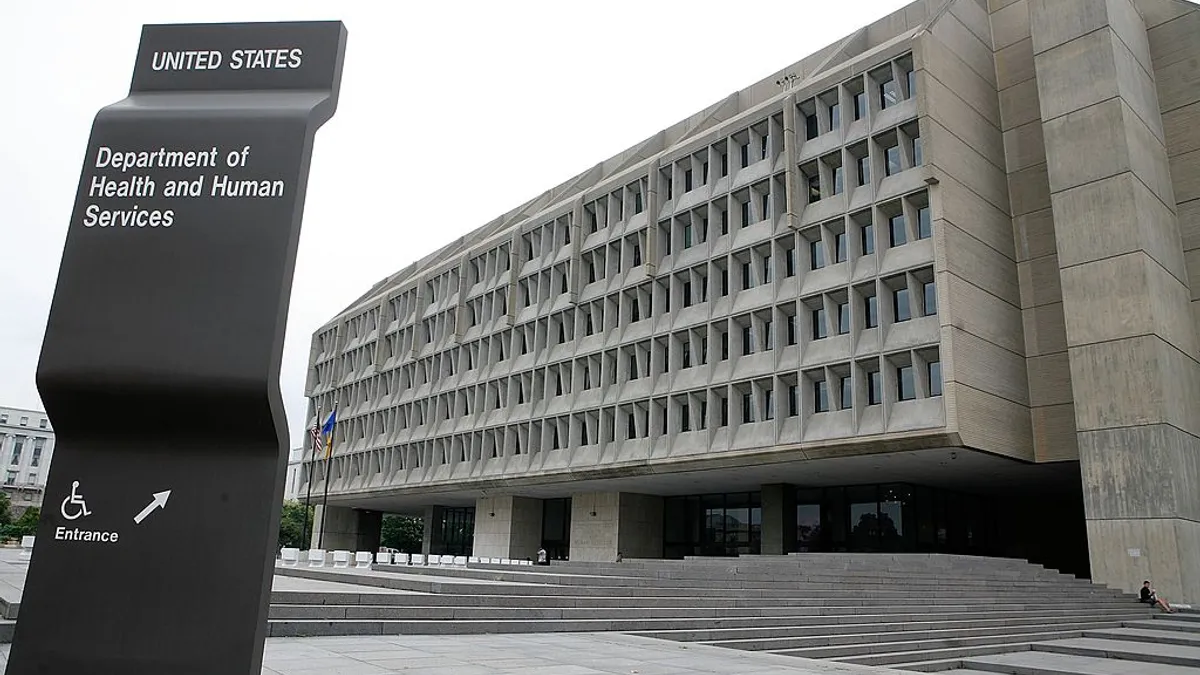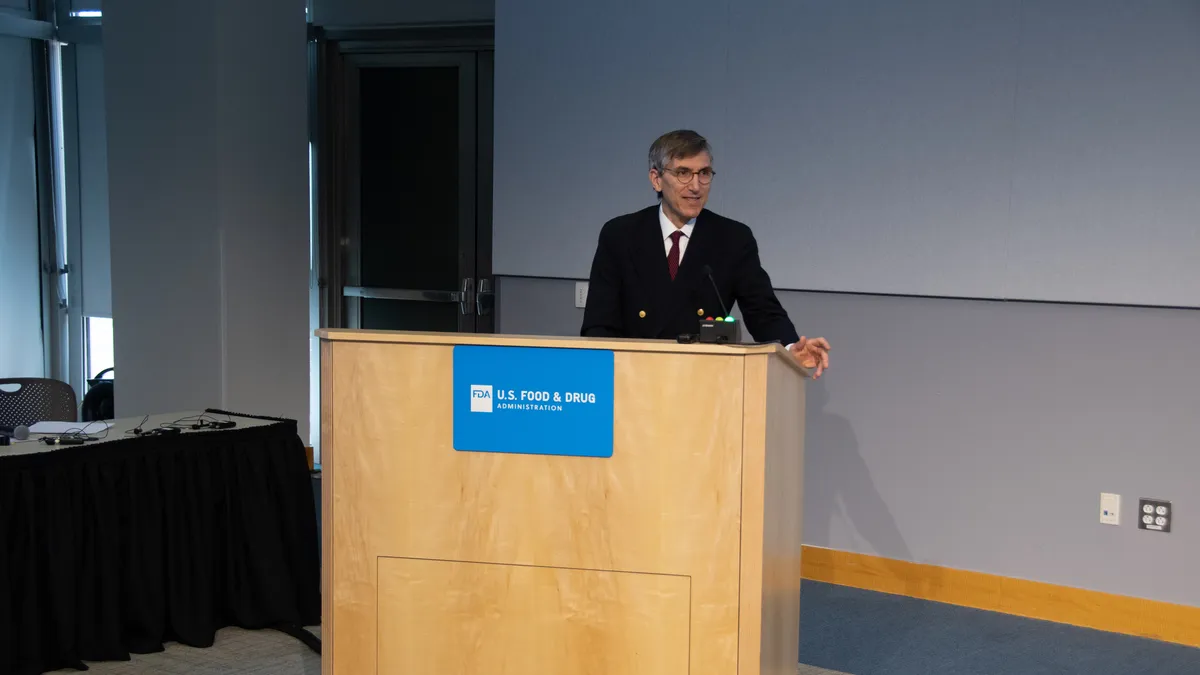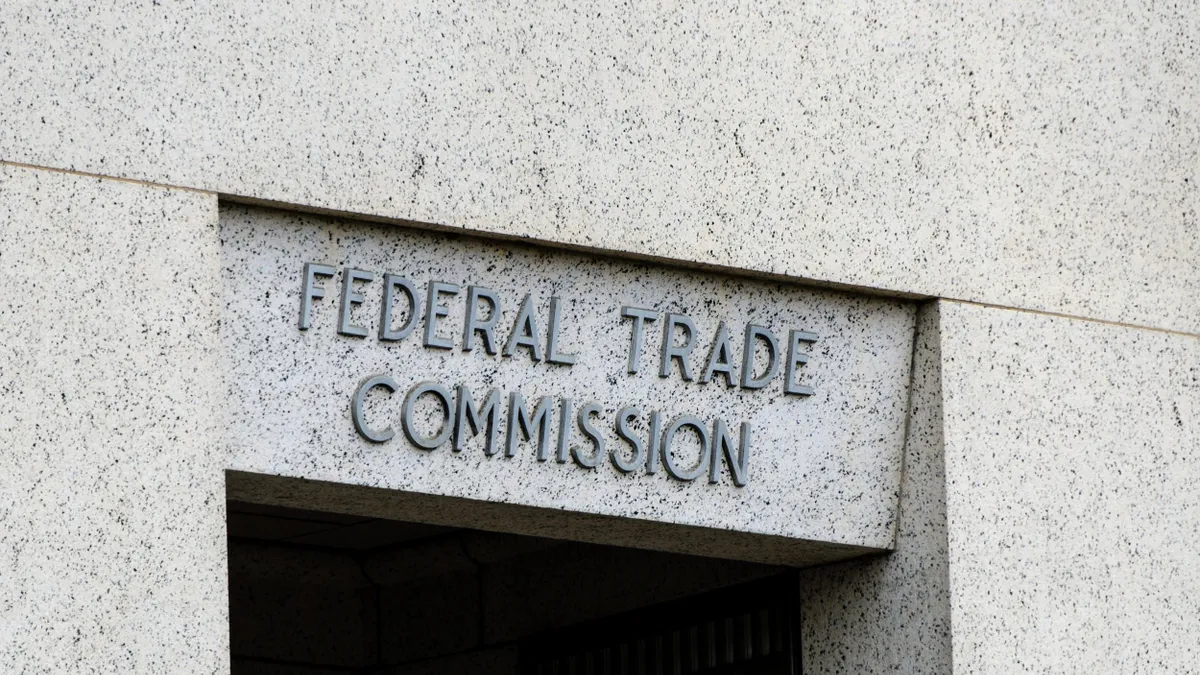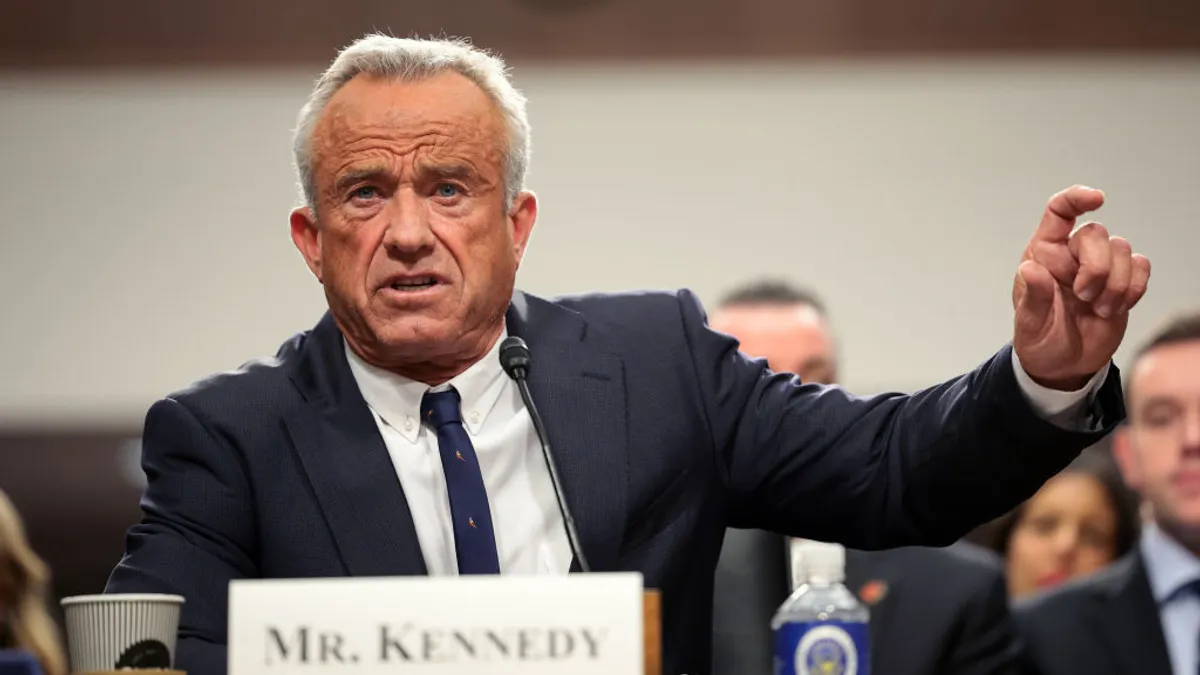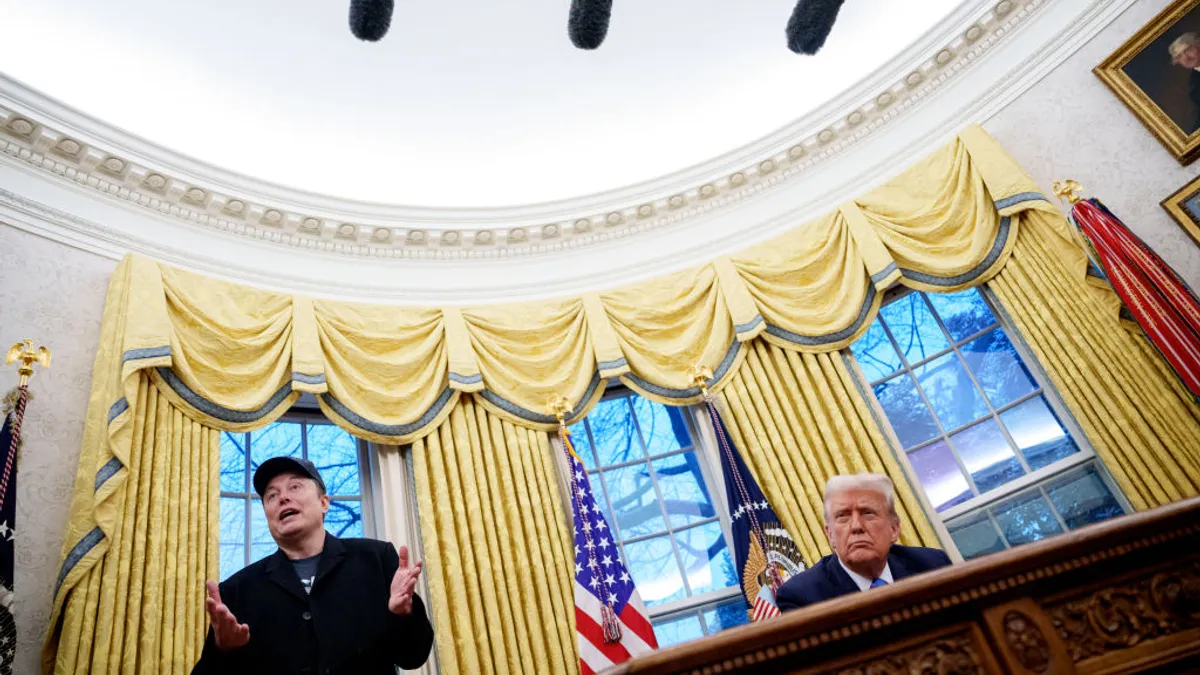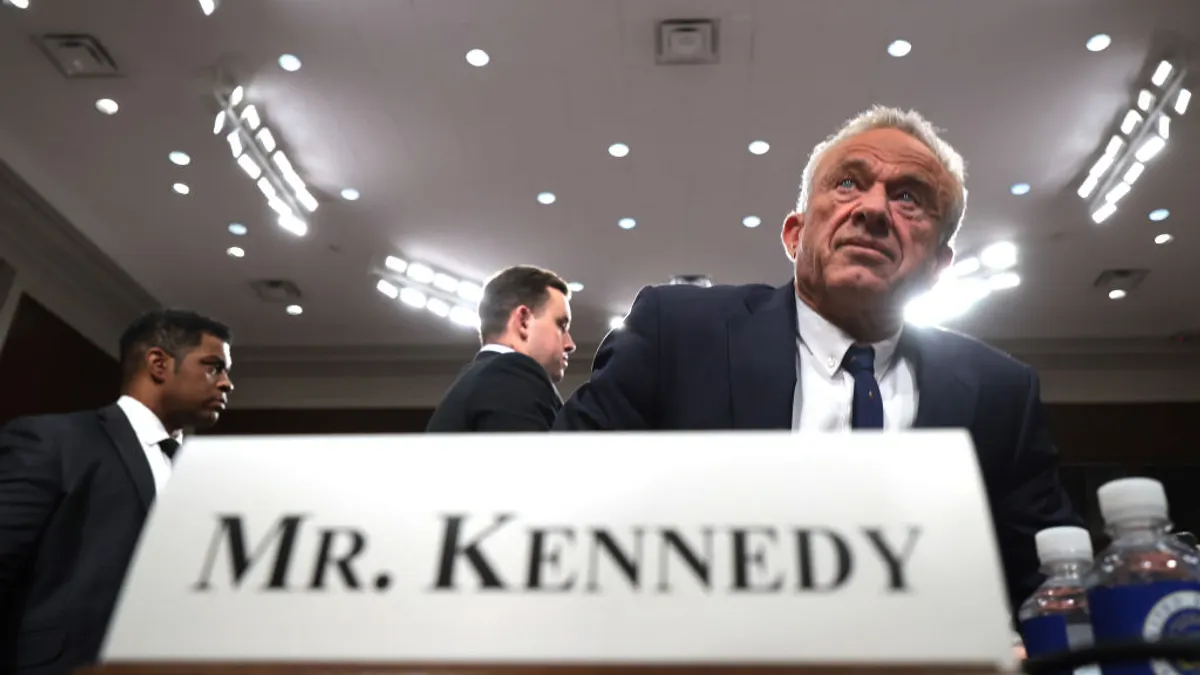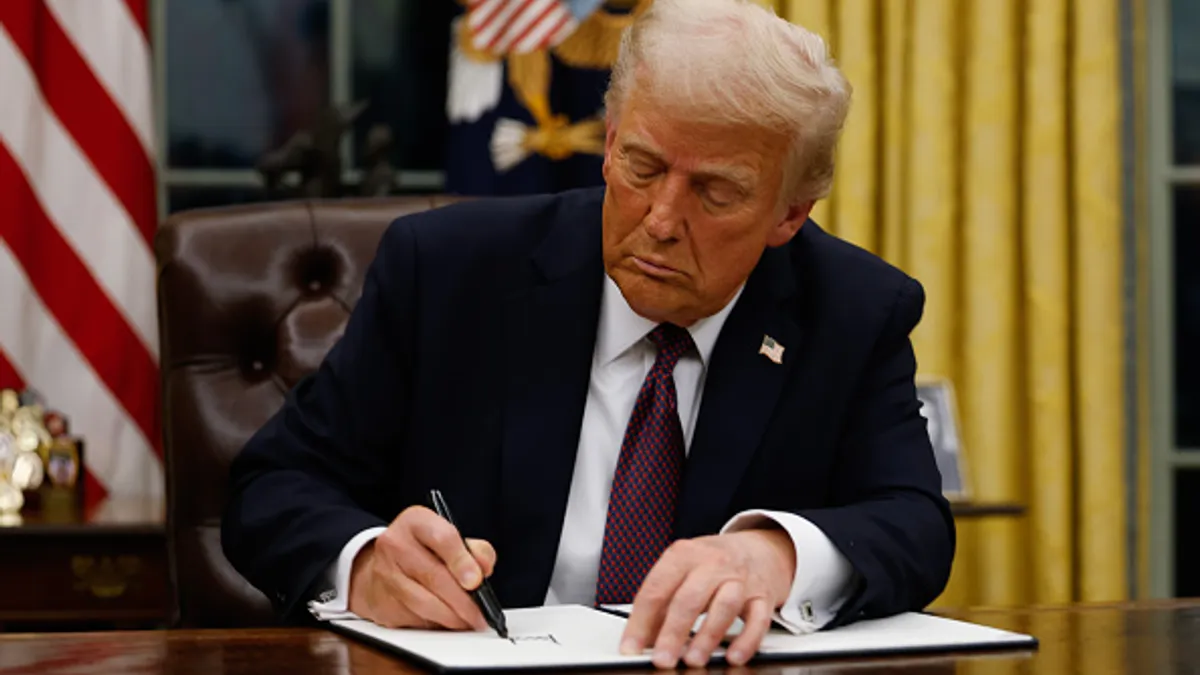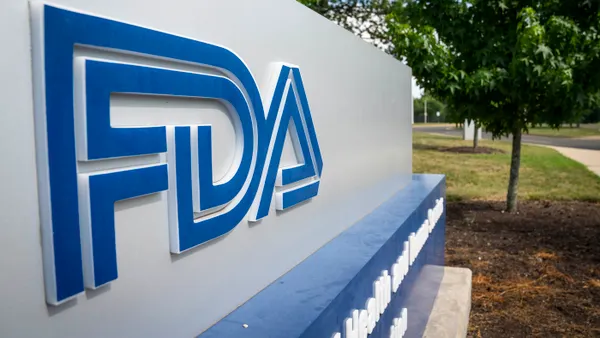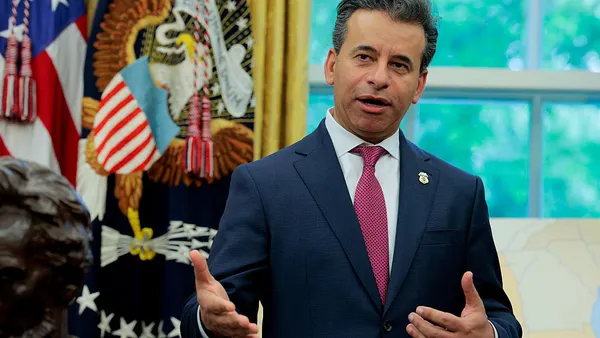Vinay Prasad’s sudden resignation from the Food and Drug Administration Tuesday once again leaves the biopharmaceutical industry, which has spent much of the year in turmoil, wondering what to expect from its principal regulator.
Prasad’s brief stint as director of the Centers for Biologics Evaluation and Research and apparent right-hand man to Commissioner Martin Makary included several high-profile decisions that seemed indicative of shifting approval standards. Others appeared to run against Makary’s aim to make the FDA more flexible. His departure might be seen by some in industry as removing a contrarian viewpoint clouding the regulatory paths of a variety of medicines, from vaccines and gene therapies to certain cancer drugs.
His exit is “a net positive for the sector, as many of our conversations have been overwhelmingly focused on regulatory risk and what he may or may not do,” wrote Leerink Partners analyst Joseph Schwartz.
Since he was appointed, Prasad set a stricter framework for COVID-19 vaccine approvals and overruled fellow reviewers in decisions involving shots from Moderna and Novavax. The agency also rejected a Duchenne muscular dystrophy cell therapy from Capricor Therapeutics and a melanoma drug from Replimune. In both cases, the companies claimed they were turned back because of issues that hadn’t come up in earlier FDA meetings, which multiple analysts attributed to Prasad’s growing influence and higher standards for supporting evidence.
While every drug rejection has its “own nuances,” recent ones seemed to show “Dr. Prasad is not going to be a pushover,” Stifel analyst Paul Matteis wrote in a note published Wednesday.
Matteis added how the recent rejections led investors to question the “realness” of flexible regulatory agreements that companies had previously reached. Share prices of Capricor, Replimune and gene therapy developer Sarepta Therapeutics, all of which have been in Prasad’s crosshairs, rose in Wednesday trading. So did stock indices correlated with the broader sector.
With Prasad gone, one of the FDA’s top review offices is again without a leader — at a time when layoffs and the departure of many experienced top officials have raised doubts about the regulator’s ability to function efficiently. Despite Makary’s assertions publicly that the “trains are running on time,” a handful of approval deadlines have been missed. An analysis by the team at RBC Capital Markets in late June found “concerning signals of greater missed target dates,” leading them to believe there’s a higher risk of approval delays moving forward.
“The lack of continuity in senior leadership at CBER is concerning as it could impact the agency’s ability to meet review timelines and could lead to inconsistencies in the regulation of products under CBER,” wrote William Blair analyst Sami Corwin on Wednesday.
The abruptness of Prasad’s resignation suggests political forces and patient pressure may play a larger role in agency decisionmaking than in the past. Prasad faced attacks from conservative outlets and right-wing influencers in the days preceding his departure, with criticisms levied against his political views, review standards for rare diseases and, most recently, the agency’s standoff with Sarepta over the company’s Duchenne gene therapy Elevidys. The FDA specifically cited the Duchenne patient community’s input when it relented Monday on its demand that Sarepta stop shipping Elevidys to all patients.
The situation “makes us wonder if the FDA is more prone to being influenced by external factors,” such as patient advocacy groups, politics or news headlines, wrote Jefferies’ Andrew Tsai.
Some Wall Street analysts speculated Prasad’s departure could portend a change in policy to better align with Trump administration orthodoxy. Future CBER leadership may adopt a more “libertarian” stance “emphasizing patient autonomy over government control,” wrote Roger Song, another Jefferies analyst, in a separate note.
“We wonder if his departure could signal a shift towards the more permissive, patient advocacy centered ‘right to try’ wing of the MAHA movement vis-à-vis rare disease indications,” Leerink’s Schwartz added.
That may come down to who has the most say in naming Prasad’s successor. Makary was a “vocal supporter” of Prasad, noted William Blair’s Corwin. Prasad was quickly given a broad role within the FDA, and appeared often with Makary and other FDA leaders in YouTube livestreams. Multiple analysts expressed support for a more traditional pick, though it’s not clear “how much the appointment is up to Dr. Makary [versus] others at HHS,” wrote Stifel’s Matteis.
A new CBER head with more industry familiarity or drug development experience could benefit biotech, but if those credentials come with “prominent political ties,” it could also “undermine agency credibility,” wrote RBC’s Brian Abrahams.
An update to the FDA website on Wednesday showed that George Tidmarsh, who earlier this month was named the head of the FDA’s other primary drug review office, will serve as CBER’s acting director for the time being. In predicting who might replace Prasad, several analysts pointed to the type of background Tidmarsh has as a biotech industry veteran and Makary ally.
Editor’s note: This story was updated with detail regarding George Tidmarsh.














